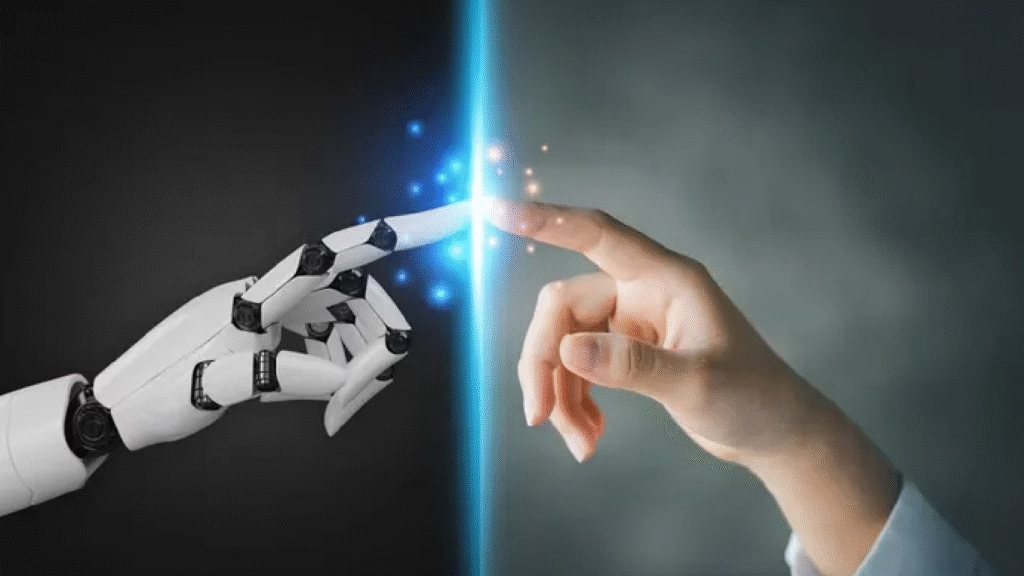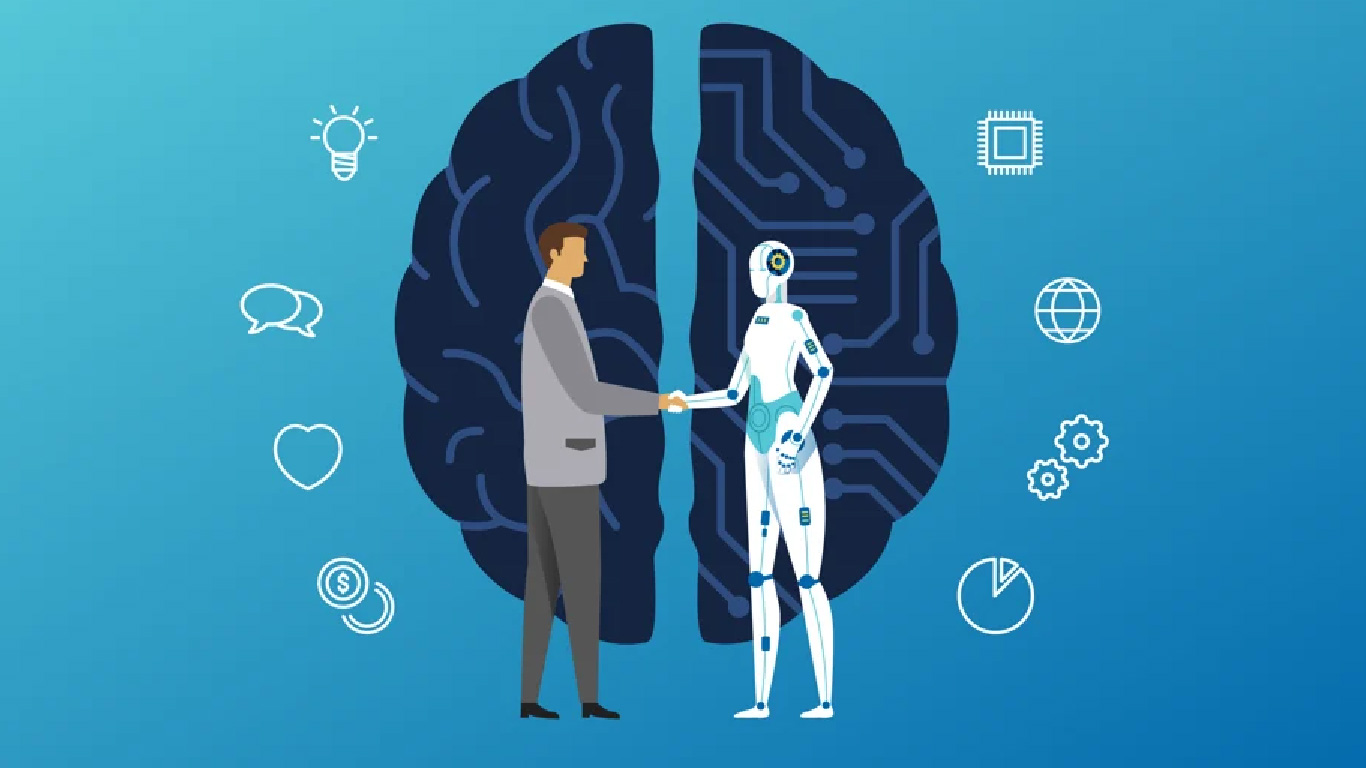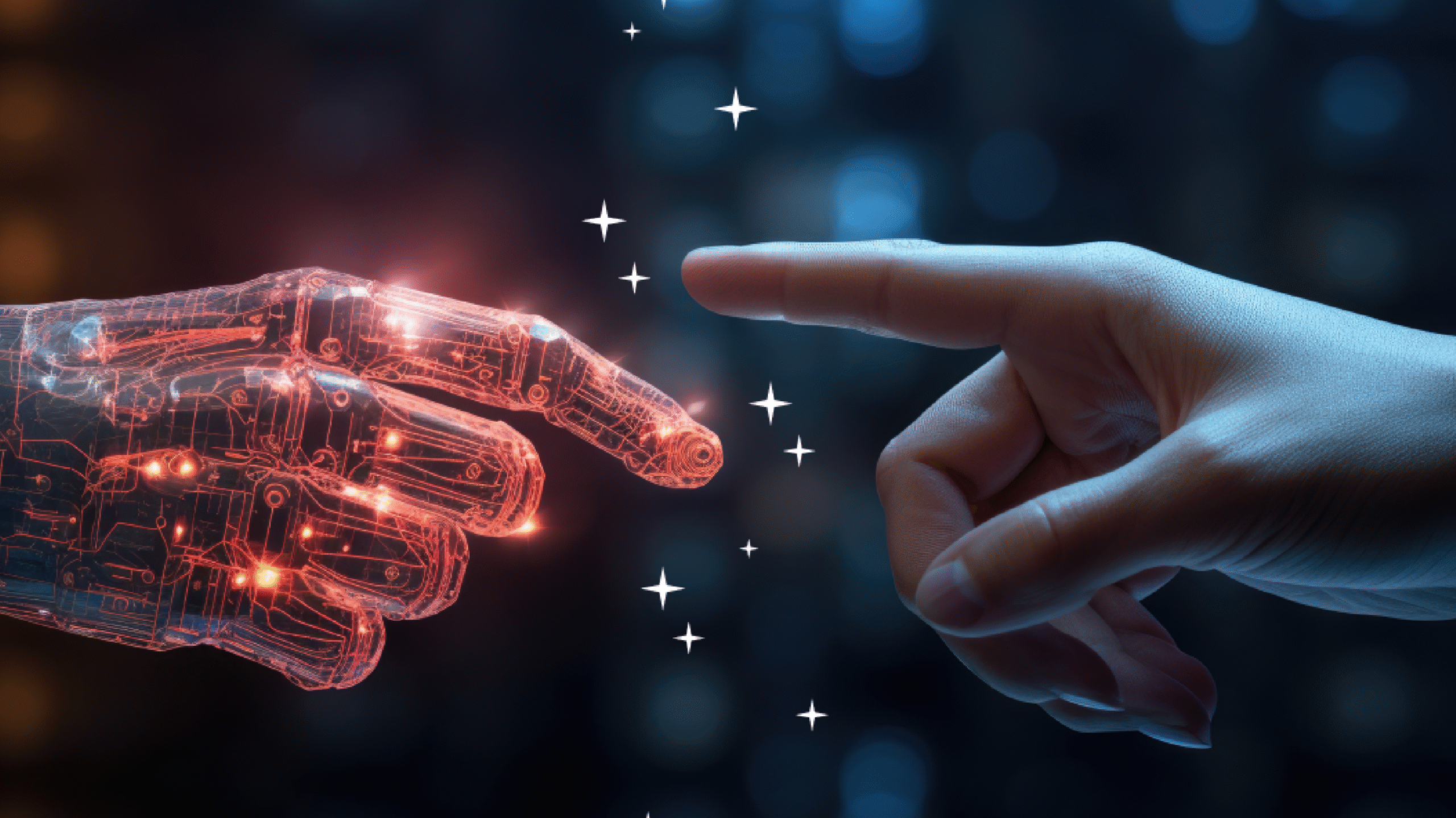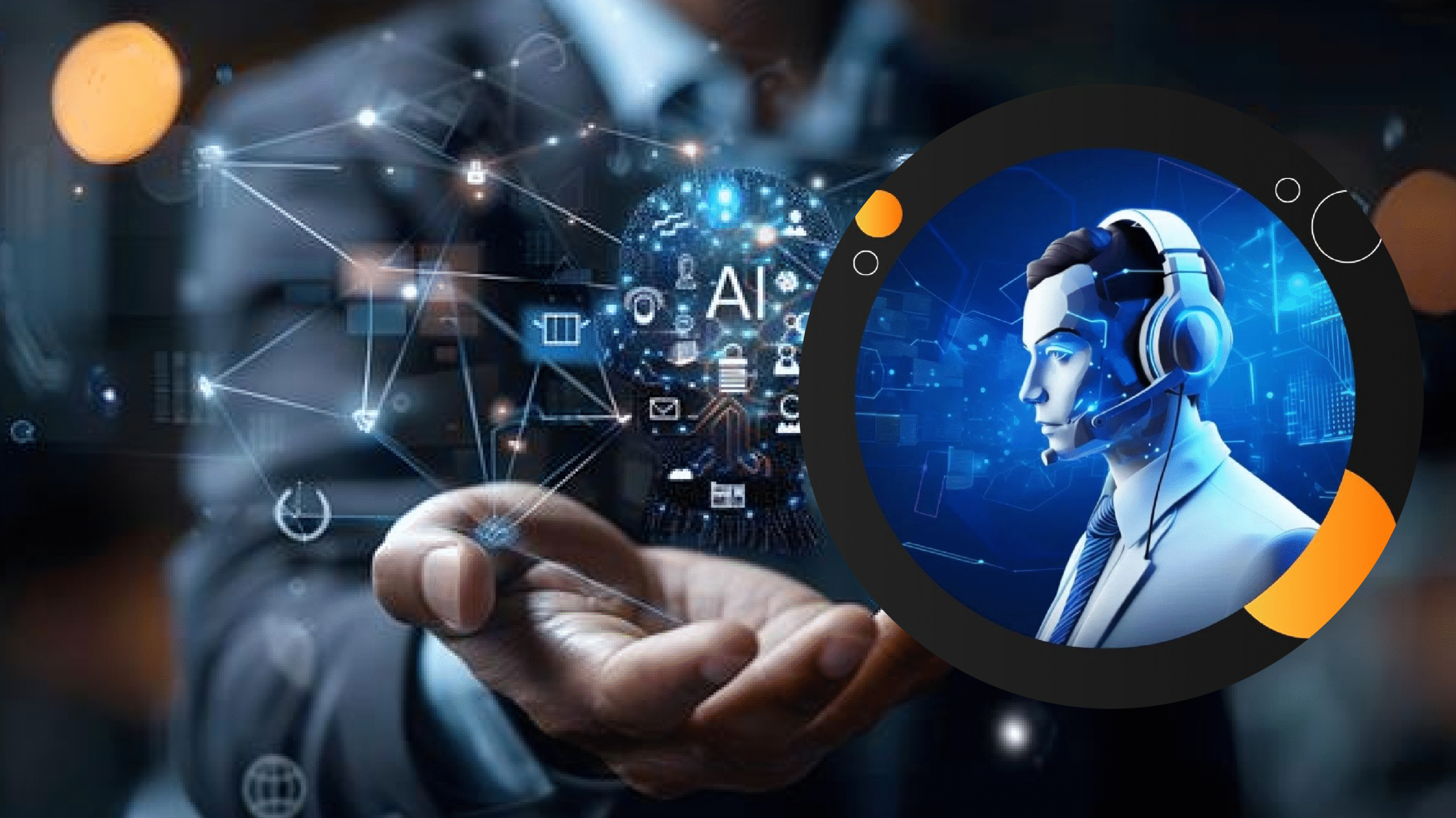Finding the Right Balance
In today’s digital age, customer service looks very different than it did just a decade ago. Gone are the days when getting help meant waiting on hold for hours or writing a letter hoping for a reply. Now, customers expect quick answers, 24/7 availability, and personalized solutions. Businesses are turning to artificial intelligence (AI) to deliver on these high expectations.
But as AI plays a bigger role in customer support, an important question remains: Should AI replace humans in customer service, or should they work together? Let’s explore the strengths and limitations of each, and how businesses can strike the right balance.
The Rise of AI in Customer Service
AI-powered customer service tools. Chatbots, virtual assistants, and smart ticket routing have become common in businesses of all sizes. These tools are designed to handle routine inquiries, automate repetitive tasks, and provide immediate answers.
Some of the benefits of AI in customer service include:
24/7 Availability: AI never sleeps. Customers can get help anytime, even during nights, weekends, or holidays.
Instant Responses: No more long hold times. AI bots deliver answers in seconds.
Cost Savings: By handling high volumes of simple requests, AI reduces the need for large support teams.
Consistency: AI provides the same accurate information every time, avoiding human error caused by fatigue or miscommunication.
Scalability: AI can handle thousands of chats simultaneously. Something no human team could do alone.
The Human Side of Customer Service
Despite the advantages of AI, human agents still play an irreplaceable role. There are situations where only people can provide the empathy, critical thinking, and creativity that great service sometimes demands.
Here’s why humans are still essential:
Emotional Intelligence: When a customer is frustrated, upset, or confused, human empathy can make all the difference. A bot can’t truly “feel” your pain. But a caring agent can.
Complex Problem-Solving: Not every question fits neatly into an FAQ. Humans excel at handling unique, nuanced, or unexpected situations that require judgment and flexibility.
Relationship Building: A friendly conversation with a skilled agent can build trust and loyalty. Something even the smartest bot can’t replicate.
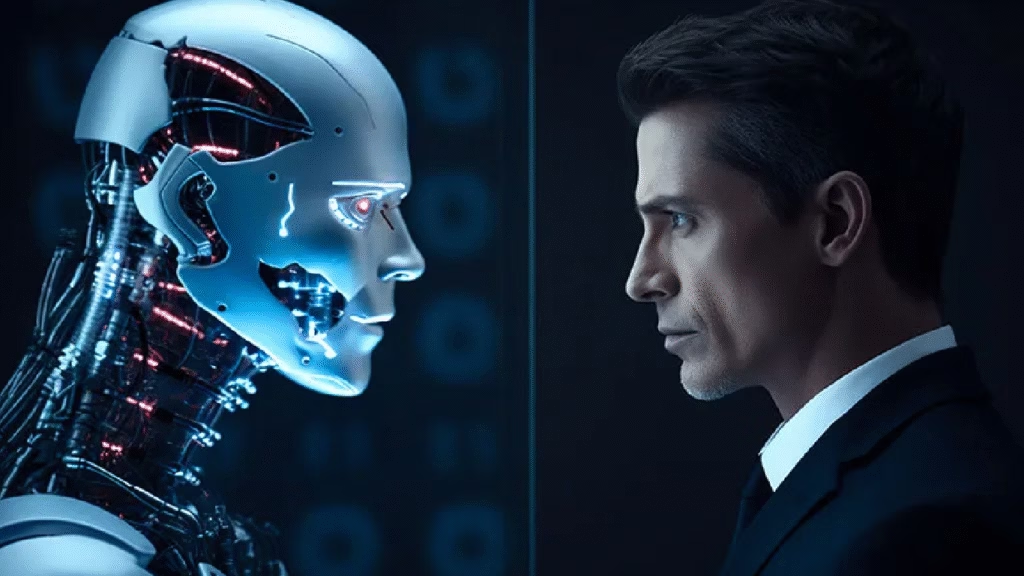
AI Customer Service vs. Human: Where Each Works Best
The smartest companies know that AI and humans shouldn’t compete. They should complement each other. Here’s how:
When AI Works Best:
- Answering simple, repetitive questions (order status, password resets, basic FAQs)
- Providing self-service options 24/7
- Routing tickets to the right department
- Collecting information before handing off to an agent
When Humans Work Best:
- Resolving complex or sensitive issues
- Handling high-value clients or critical situations
- Delivering personalized recommendations and upselling
- Offering empathy and understanding when emotions run high
Finding the Perfect Balance
The future of customer service isn’t about choosing AI or humans. It’s about using both in the right ways. Many companies use AI to handle the routine and free up human agents to focus on what they do best: adding the personal touch.
When AI and human agents work hand-in-hand, customers get faster, more reliable, and more caring support. Businesses save time and money, while also delivering the empathy and connection that keeps people coming back.
Final Thoughts
AI customer service is here to stay and it’s only getting smarter. But people will always value the human touch. The best companies understand this and invest in both. By combining AI’s efficiency with human empathy and expertise, they create experiences that truly meet the needs of modern customers.
Here is an article we think you will find to be very interesting. CLICK HERE>
The Future is Here… And it just answered your call.
MEET YOUR NEW CALL CENTER.
Find out more about Customer2AI. CLICK HERE>
